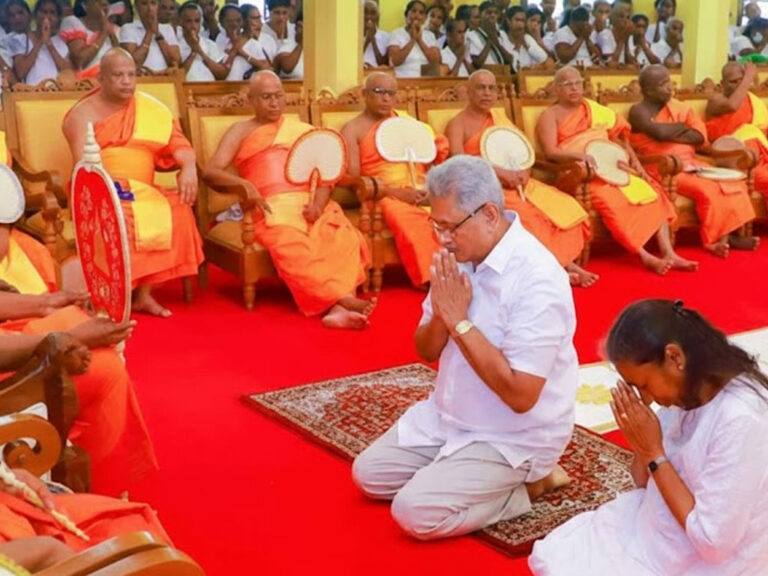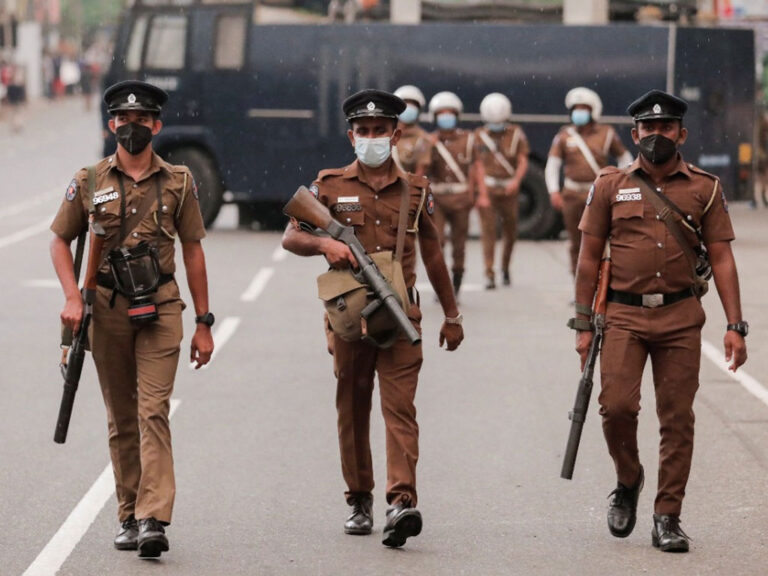
Schools’ Rugby Chaos An Ongoing Issue That Must End
In many leading rugby-playing schools across Sri Lanka, a disturbing pattern of player abuse by head coaches has emerged. Despite numerous complaints from concerned parents, school rugby committees often dominated by old boys turn a blind eye to these issues. They protect the coaches, prioritizing a “win at any cost” mentality and player poaching over the well-being of the students. Many prominent rugby coaches, some of whom have been in the field since the early 1990s, have played a central role in fostering a culture of abuse and manipulation. Their primary goal has been to deliver desired results at any cost, solely to secure contract renewals for the following season.
Parents of Royal College rugby players have collectively submitted a letter to the school’s Principal, calling for the removal of Head Coach Dushantha Lewke from his coaching position. This complaint echoes the similar concerns that have been raised by parents from various schools in the past, as school authorities have often ignored such grievances. The reason for this reluctance is the influence of old boys’ rugby unions, who typically secure significant sponsorships to cover the substantial costs of the rugby season, making school officials hesitant to act.
It’s time for the rugby stakeholders to file formal complaints with the Ministry of Education and demand the establishment of an independent commission to investigate these allegations. Coaches found guilty of abuse should be banned, and World Rugby must be informed, as their guidelines on youth player safety clearly state that rugby should be enjoyed and that participation, not winning, is the essence of the sport. Unfortunately, the “win at any cost” mindset took hold in the early 1990s when corporate sponsorships turned friendly school matches into cutthroat competitions, leading to widespread player exploitation.
Key issues plaguing school rugby include fielding ineligible players, manipulating referees, and instances of coaches fostering inappropriate relationships with parents to secure spots for their children on the team some of which have involved sexual abuse allegations. Poaching players from lesser-known schools has deprived younger students of the chance to play for their senior teams. The violence and conflict surrounding matches, often driven by refereeing disputes, have further damaged the integrity of the game, with post-match fights leading to police intervention and injuries to players and spectators.
Is this the future of rugby? Prime Minister Harini Amarasuriya, in her dual capacity overseeing both the Ministry of Sports and the Ministry of Education, must address this burning issue and restore good governance to Sri Lankan sports. The current state of school rugby has reached a pathetic level due to the inefficiency of those in charge, and immediate reforms are needed to protect the well-being of the youth.
A clear example of the system’s failures was the recent Under-18 tour to Malaysia for the Asia Rugby Tournament. The Ministry of Sports with the helpf of handpicked officials had to step in at the last moment to arrange visas, passports, and airfare for the team because school rugby officials were too disorganized to manage the preparations. The Schools Rugby Association, which enjoys sponsorship from Dialog, did not contribute a single cent toward this tour, leaving the youth team and their managers to fend for themselves. Despite this lack of support, the team performed admirably, securing a bronze medal. However, many believe they could have been champions if the Schools Rugby Association had properly prepared the team.
The Ministry of Education must investigate how the funds provided by Dialog in 2024 were used during the Schools Rugby League, Sevens, and Knockout tournaments. The Schools Rugby Association must be held accountable for their mismanagement and lack of responsibility in organizing these events. The inefficiency and corrupt practices within the association have tarnished the sport, and it’s time for the Ministry to step in and restore order.
Ultimately, school rugby should be about developing youth, not exploiting them. The focus must shift away from winning at all costs and back to ensuring that schoolboys can enjoy the game without fear of abuse or manipulation by old boys and coaches. Let’s hope that common sense prevails and that the necessary changes are made to ensure a brighter future for Sri Lankan school rugby.





There was a coach who slapped a boy in Kandy. What was the action taken. Nothing.
Maybe he needed a good slap. Suck it up Dilshan
Hahahahahaha. Love this!!!